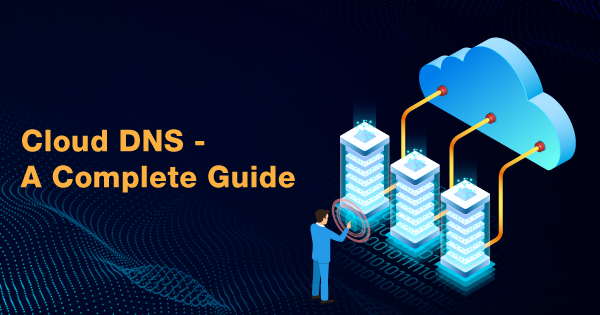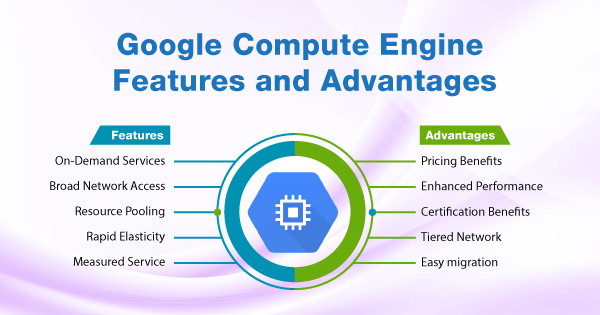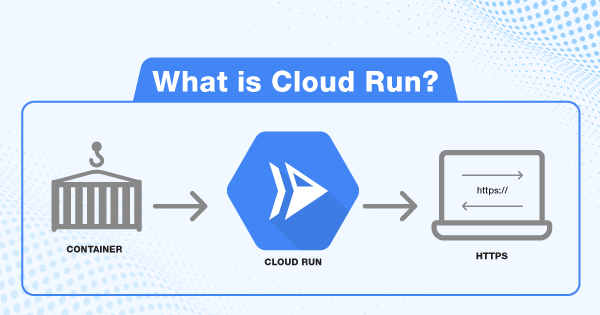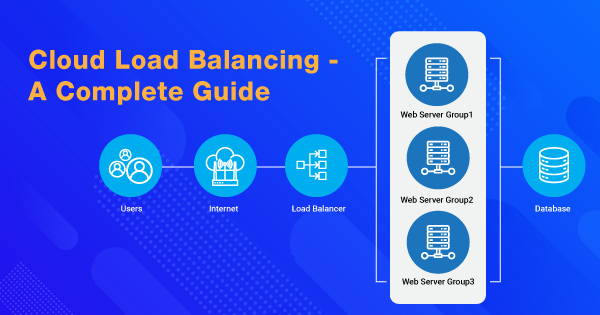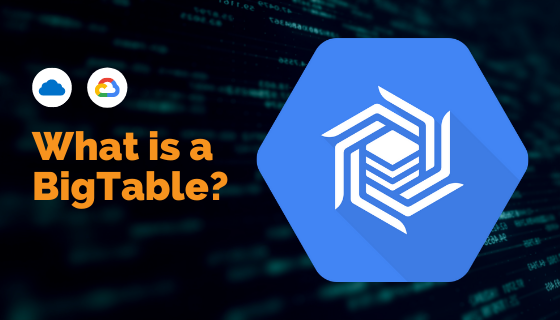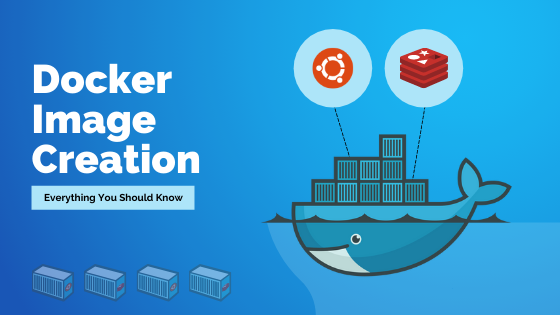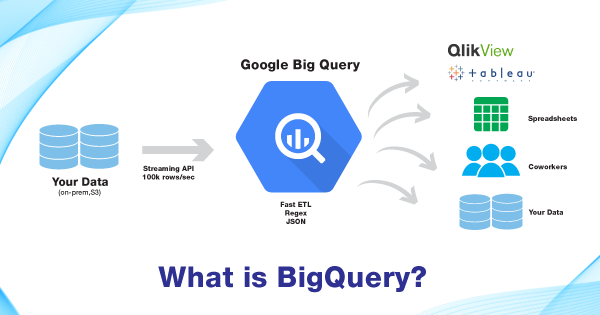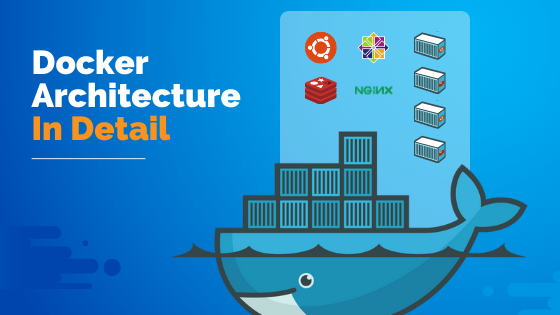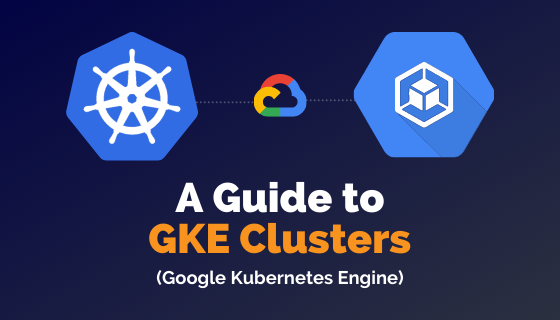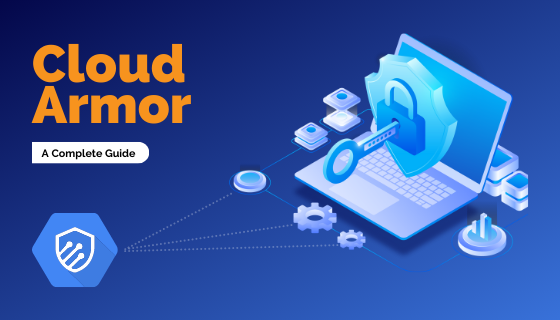Cloud DNS – A Complete Guide
Google Cloud DNS is better known as Domain Name System service. It has a job to publish the domain names to the global platform or DNS with a cost-effective approach. Cloud DNS helps organizations and IT developers to publish the zones within DNS without the efforts of managing their own software and DNS servers. Cloud DNS has the potential to do that for them! Google Cloud DNS offers public as well as privately managed zones under DNS. The public zone is set to be visible over the public internet, but the private zone is considered to be visible only from […]
Cloud DNS – A Complete Guide Read More »
